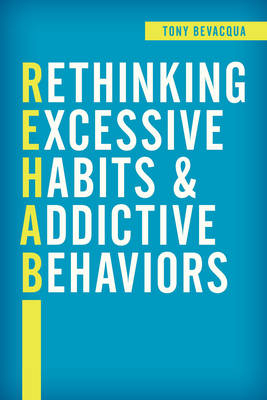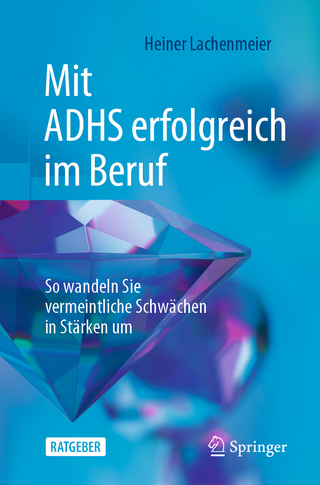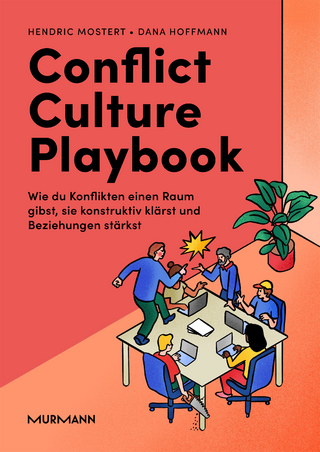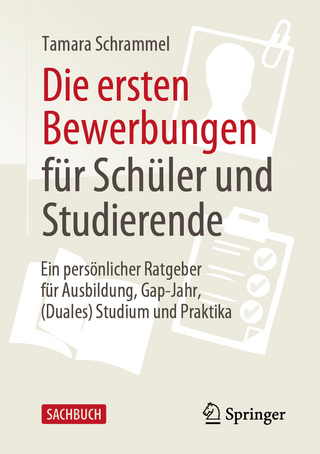
Rethinking Excessive Habits and Addictive Behaviors
Rowman & Littlefield (Verlag)
978-1-4422-4829-8 (ISBN)
Twelve step programs are the foundation of conventional thinking and treatment for people with addictive behaviors. But are they truly the best? Here, Tony Bevacqua explains why these one-size-fits-all approaches are not appropriate for everyone, since each person is a unique human being.. This book takes a humanistic perspective that offers guidance for sufferers, their families and friends, practitioners, and anyone interested in understanding the nature of addictive behaviors.
What do we know about addictive behavior and mental health? Bevacqua maintains our common perceptions are loaded with outdated, emotionally charged, and deficit-based vocabulary. Words like “addiction,” “addict,” alcoholic,” “denial,” “recovery,” “clean,” and others have become absorbed into our vocabulary but conjure up the worst case descriptions of undesirable behavior. These labels are generalized to all behaviors and to all people regardless of the details of their specific circumstances. By rethinking and changing the language, new learning can take place, and new approaches to treatment can emerge. While biology may play a role in addiction, the author argues that the disease model strips sufferers of their ability to see their issues as within their control to address. Understanding the role of learning and behavior allows people to redefine addiction in terms of their own personal circumstances, allowing that the brain is an organ of social adaptation and is constantly able to wire and rewire itself through enriched environments and new learning. Bevacqua proposes a language that also supports an individual with kindness, compassion and empathy and suggests ways in which this new perspective and approach, can help individuals improve the quality of their thinking which will improve the quality of their behavior.
Tony Bevacqua is an accomplished educator, corporate coach, social advocate and lecturer. He teaches college psychology courses, leads corporate wellness seminars and has a private practice in Los Angeles coaching people who have a desire to better understand their self-determining nature. He has contributed articles to the Journal of Humanistic Psychology and Addiction Professional Magazine.
Foreword by Edward Hoffman
Preface
Introduction
1: The Origins of the A.A. Mindset
2: Changing our Language, Changing our Subjectivity
3: The Reality of Human Experience
4: Love, Approval and Validation
5: Rethinking Excessive Habits and Addictive Behaviors
6: Deconstructing Deficit-Based Language
7: Pharmaceutical Drugs and the DSM-5
8: Celebrity Culture and Addictive Behavior
9: Parenting Influence on Children
10: The “Love” We Learned
11: Subjective Well-Being: The Goal of All Positive Outcomes
12: Rethinking Your Life Challenges & Experiences
13: New Learning…New Direction
Afterword
Glossary
Index of Names
Index of Terms
References
| Erscheint lt. Verlag | 2.9.2015 |
|---|---|
| Verlagsort | Lanham, MD |
| Sprache | englisch |
| Maße | 161 x 236 mm |
| Gewicht | 458 g |
| Themenwelt | Sachbuch/Ratgeber ► Beruf / Finanzen / Recht / Wirtschaft ► Bewerbung / Karriere |
| Sachbuch/Ratgeber ► Gesundheit / Leben / Psychologie ► Psychologie | |
| Geisteswissenschaften ► Psychologie ► Persönlichkeitsstörungen | |
| Geisteswissenschaften ► Psychologie ► Sucht / Drogen | |
| Medizin / Pharmazie ► Medizinische Fachgebiete ► Psychiatrie / Psychotherapie | |
| Medizin / Pharmazie ► Medizinische Fachgebiete ► Suchtkrankheiten | |
| ISBN-10 | 1-4422-4829-7 / 1442248297 |
| ISBN-13 | 978-1-4422-4829-8 / 9781442248298 |
| Zustand | Neuware |
| Haben Sie eine Frage zum Produkt? |
aus dem Bereich


